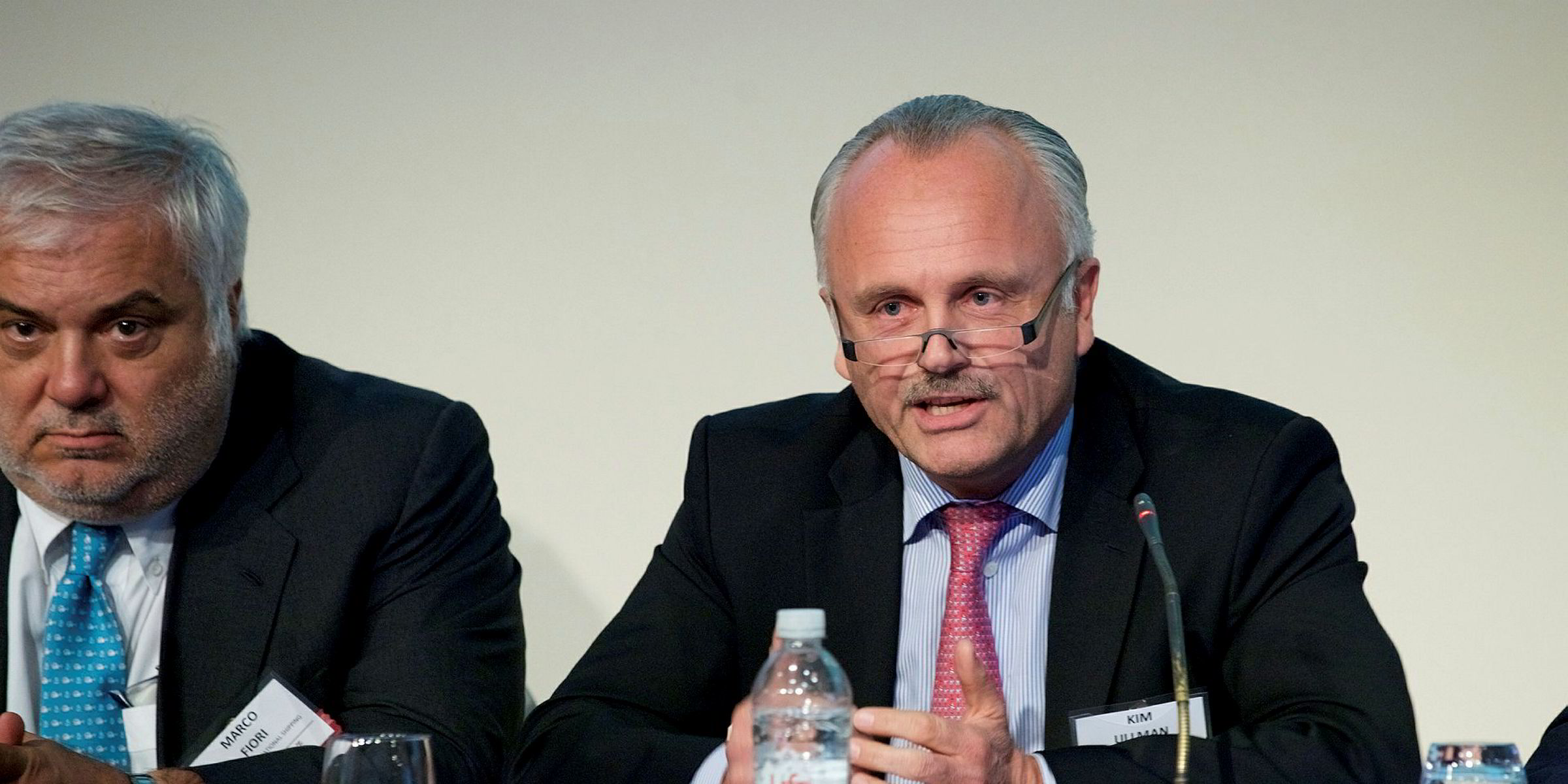Age discrimination of tankers over 15 or 20 years old is not only jeopardising safety on our seas, as we argued in May. In our opinion, this approach will also prevent the implementation of new fuels that are crucial for reaching long-term environmental goals and tackling global climate change.
At the moment, the environmental efforts in our industry are focused on complying with the IMO 2020 sulphur regulations.
Many companies have made major investments in this area and scrubbers will be installed on many ships throughout the globe before January 2020.
However, installing scrubbers is a short-term solution based on a decision that many parties and organisations question today.
Most of us believe IMO 2020 is only the beginning in an industry that soon will be faced with additional major investment challenges in the search for fuels that will run our ships when more stringent emissions standards become a reality in 2030 and 2050.
Will it be LNG, biofuels, methanol dual-fuel, electricity, fuel cells or something even more innovative? We don’t know yet. Innovation and development will as always need many steps to live up to future regulations, even if the time now is limited.
Multi-billion dollar issue
But there is no doubt that finding the best answers to the question is a multi-billion-dollar issue — and that no shipowner will be prepared to invest in technology for future legislation if the earnings from these ships are torpedoed by a 15 or 20-year age limit.
A sustainable approach from a shipowner's point of view is to build and maintain quality ships with a technical lifespan of 30 years and apply a financial model with a 25-year repayment perspective, which will enable flexibility and innovations for sustainable solutions to our industry.

All in all, there is a case saying that if a safe ship can be traded longer, it will allow more room for innovation in dealing with the upcoming regulations for existing ships and new vessels. As said, this will not be done in one step, but many small steps, with some ideas that work and some that do not.
After all, isn’t age restriction an old way of managing the issues we faced 20 years ago? Now, all serious industry players have a completely new set of measures to ensure safety and quality.
Counter-productive
We claim that age restrictions go against the sustainability trend in global society and the demands for rapid change voiced by young icons of the next generation of decision makers.
Most of us believe IMO 2020 is only the beginning in an industry that soon will be faced with additional major investment challenges
Companies that want to protect their image should increase their focus on listening to this growing movement, rather than counteracting its good intentions by punishing ships in mint condition.
The responsibility for the transition to new fuels must go way beyond developing new ship technologies. Innovative shipowners must be supported by an infrastructure that ensures large-scale availability of new fuels.
We also need customers that recognise the long-term benefits of chartering existing ships, promoting sound repayment plans by using established quality tools — maintenance standards, inspection results and CAP [condition assessment programme] ratings — instead of age restrictions.
Here is a challenging question to those who practice an age limit restriction instead of focusing on what is important, which quality and the way the ship is run: What will be the financial and logistic consequences if stubbornness damages technological innovation so much that you, 20 or 30 years down the road, face a shortage of tonnage that complies with environmental standards, because the investments and the many steps we now need to take never took place due to an unhealthy financial environment?
As we all know, quality, safety, innovation and performance go hand in hand, while today’s age discrimination is old-fashioned legacy reducing the possibility to take us into the future in a sustainable way.
Erik Hanell is chief executive of Stena Bulk and Kim Ullman is chief executive of Concordia Maritime






